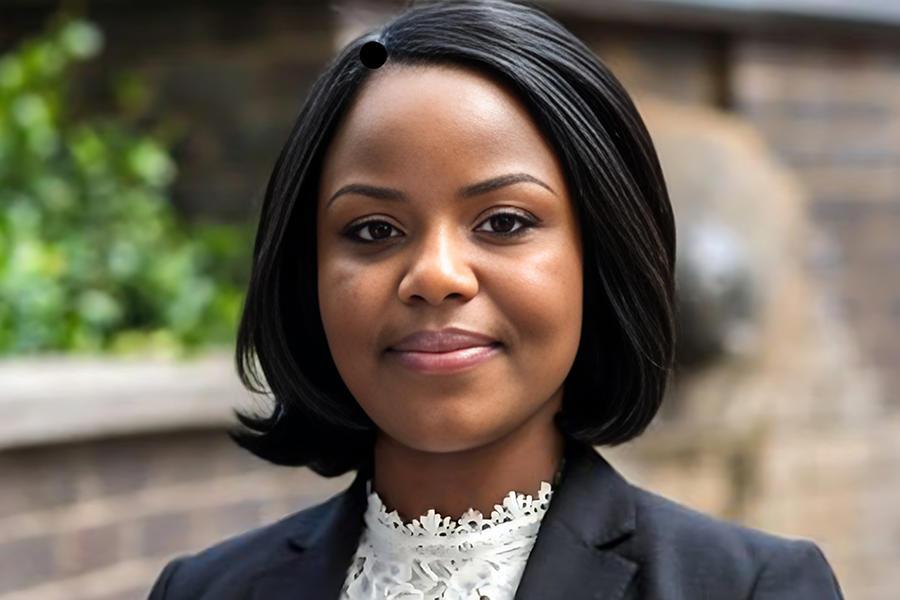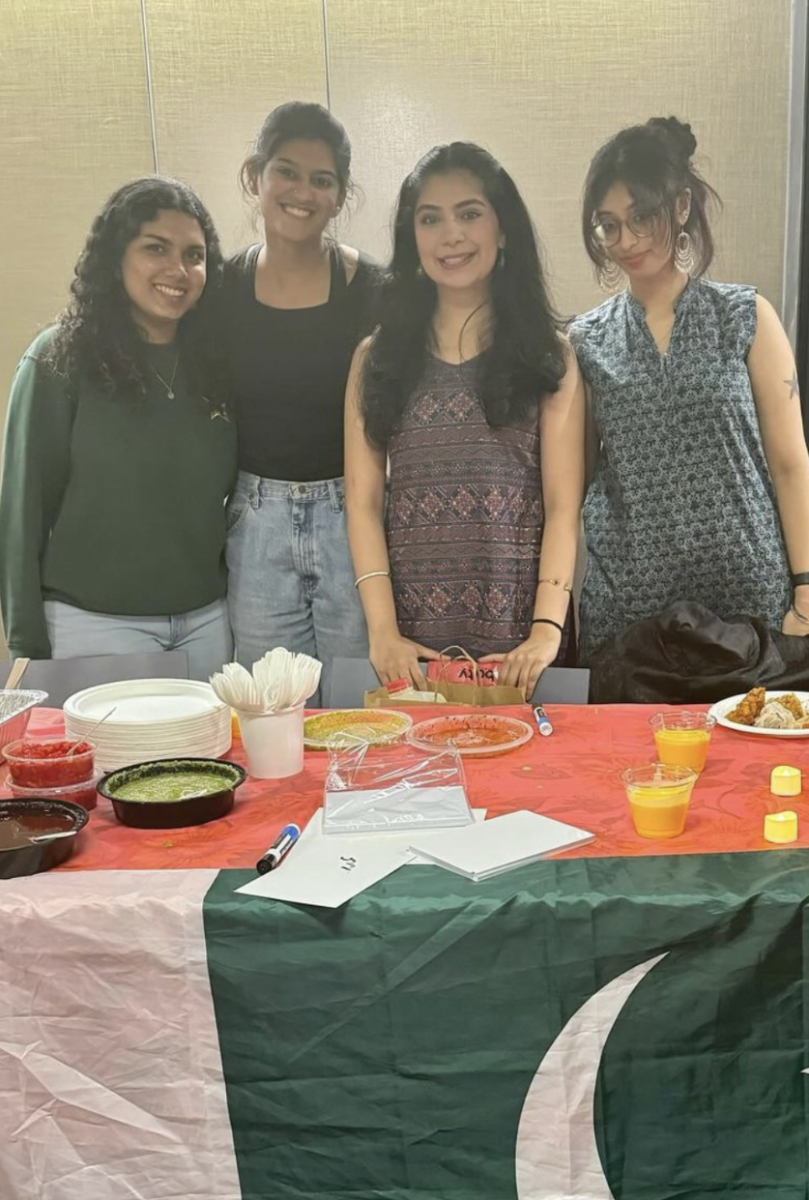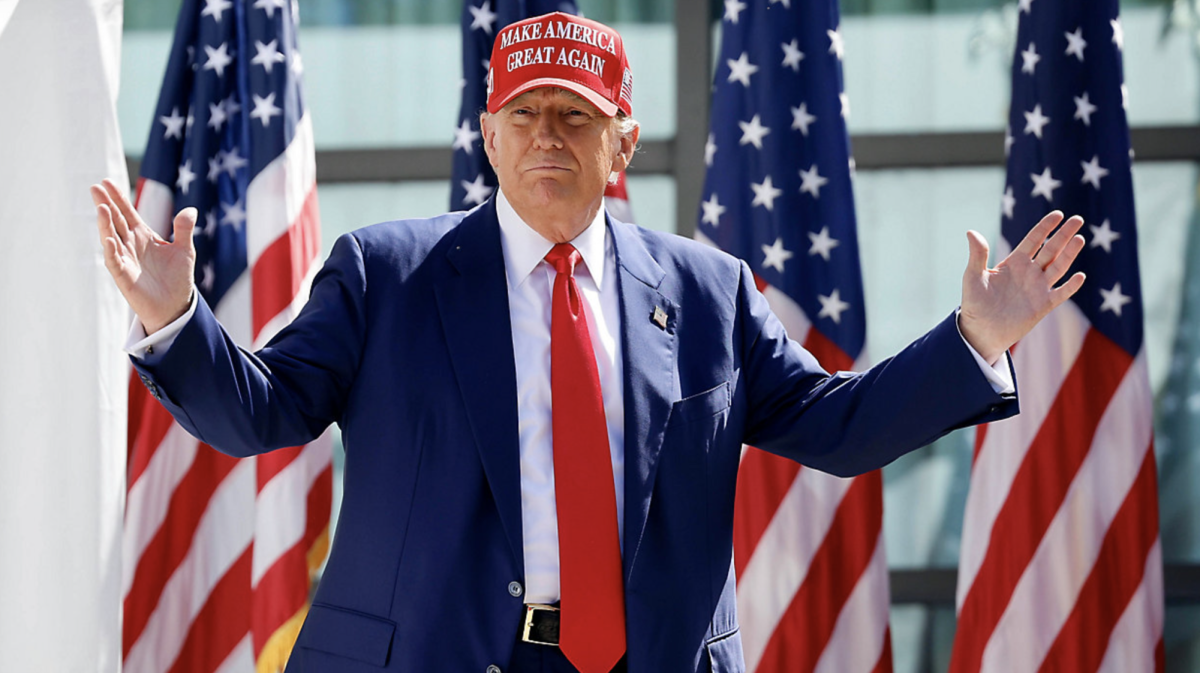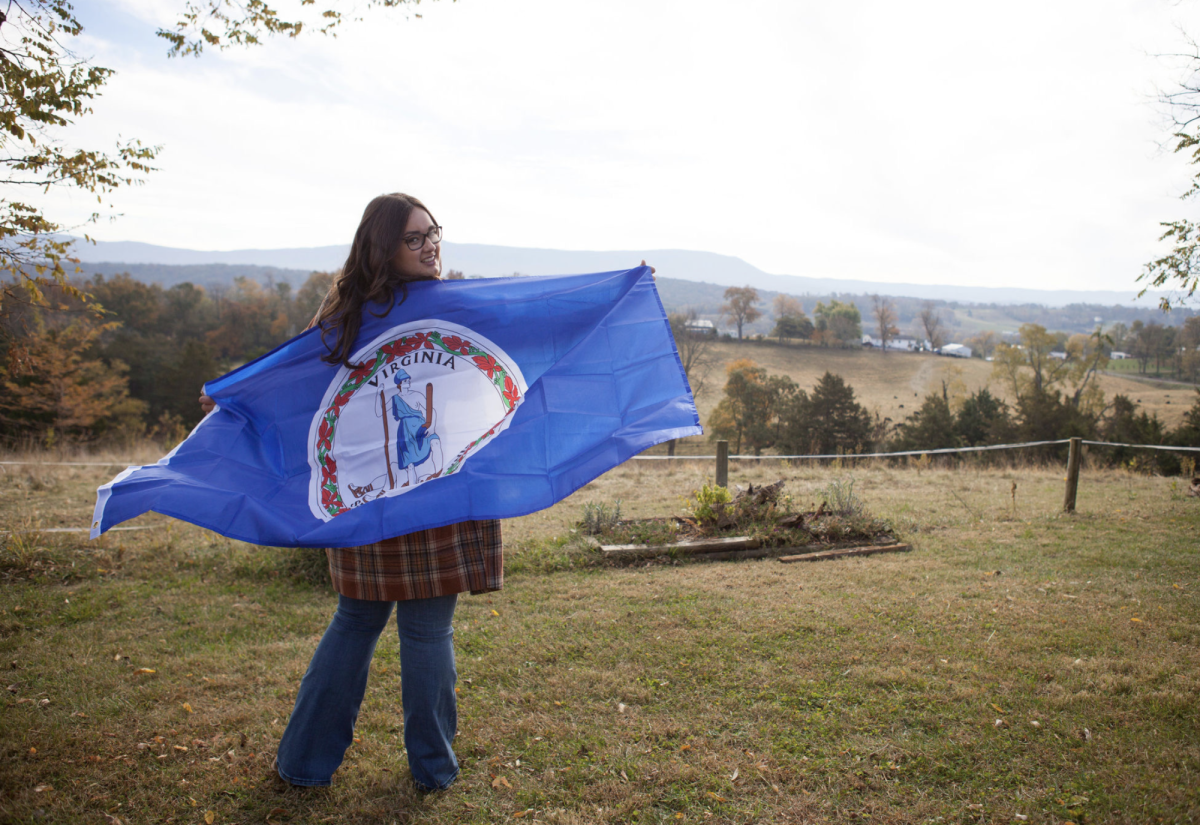On Oct. 6, Fadzayi Mahere, the national spokesperson for the lead opposition party in Zimbabwe, the Citizens Coalition for Change (CCC), came to Wellesley College to speak at an event titled “Youth and Democracy in Africa.” Mahere, now 37, became involved in politics at a young age, at least compared to the political landscape of Zimbabwe. Mahere is a full-time lawyer as well as the spokesperson for the CCC and studied law at the University of Cambridge.
Mahere moved back to Zimbabwe in 2011 after graduating, with the intention of starting her own practice. She became a leading activist in the #ThisFlag movement in 2016, which called for reforms and holding the ruling party accountable for their infringement of constitutional rights in Zimbabwe. She joined protests and was even arrested and held overnight in jail for her activism. In 2017, she launched her campaign for parliament as an independent candidate. She was not able to defeat the candidates from the two leading parties, but looks back on her campaign as a lesson.
“People said, ‘Look, you’re investing so much in this campaign; what if you lose?’ We said, ‘We won’t lose. We’ll win or we’ll learn.’ And boy did we learn,” she said. “It’s after that campaign that I started to rearrange my approach to politics … [People didn’t] just want a local politician, [they wanted someone] to join the others and collaborate. That’s when I joined the main opposition and that was me bouncing back.”
Mahere believes in social media as a very important tool to create change, but to her, it is not the only effective one, as she used both social media and grassroots activism for her election campaign.
“You [need to] remain a politician that’s grounded within the people. You can’t be an effective politician from your office on Twitter. That’s just not the way it works,” she said. “You really have to be in touch with your grassroots … with the young people, your women, your communities, your special interest groups, and you have to use all the multiple layers of engagement. But social media is instant and spreads really fast, and you’ve got almost absolute control of how the message comes out.”
According to Mahere, another drawback of social media is that it is not capable of maintaining sustained activism. While it can be effective in spreading a message, organizers need more to maintain consistent pressure on leaders to make change.
“Movement politics is very important. Citizen activism is always how you strike the match, from Black Lives Matter to Occupy Wall Street,” she said. “But all those things fizzle out if they’re not underpinned by sustainable citizen action over time, the very rudimentary grassroots organizing of communities together.”
Mahere also believes that true change comes from being involved in the spheres where policy is made.
“I think one of the big lessons that I learned after being an activist was that more is needed. Power is not negotiated in activism, it is negotiated in politics,” she said. “If you want to change things sustainably, you have to get involved in politics … If you don’t get involved in politics, the price you pay is that you are being governed by people who are less competent.”
Mahere spent most of her day at Wellesley College attending a luncheon where Africana Studies students had the opportunity to ask her questions about her career, and ending her day speaking at the event held in Collins Cinema. The event was open to the public, and Mahere spoke about her journey as an “unlikely” politician in Zimbabwe, and how she dealt with the constant challenges she has faced as a young woman in politics at such a high level. She called on students and the Wellesley community to put the spotlight back on Zimbabwe, since international attention left after the former President, Robert Mugabe, was removed, but injustice in Zimbabwe continues under the ruling party. Mahere was particularly inspired by students at Wellesley College.
“The learning atmosphere is inspiring. I completely understand why so many of the [students] are so excited to be here and are so passionate about the work that they do,” she said. “[These are] conversations that take society forward. This is a space for them to think through the world and to formulate ideas around important and critical issues that affect them, and really push the boundaries to transform society.”






